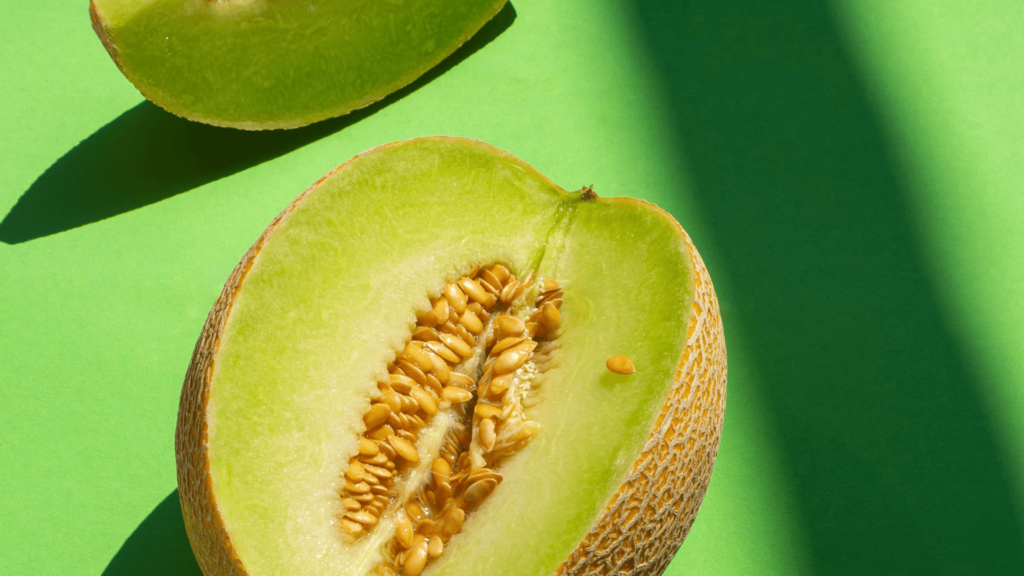“Miracles do occur.” I had read these words many times before. But it wasn’t until I experienced one in my own life that I truly grasped what a miracle feels like. It revealed to me the presence of a higher energy-something far beyond the comprehension of the mind. Something that must be experienced to be understood.
I grew up in a North Indian household, deeply bonded with my father. He was a man of quiet strength-affectionate, generous, patient, and deeply accomplished. He lived not only in our home but in the hearts of everyone who knew him.
One autumn, he fell seriously ill and was hospitalized. On a quiet October evening, he asked me for a musk melon, saying his mouth felt unbearably dry. I searched everywhere, every store I could think of, but couldn’t find one. It broke my heart not to be able to fulfill that simple wish.
Shortly afterward, my father passed away-suddenly, and far too soon. I had taken a sabbatical from work to care for him. He had become the center of my universe, and his absence left me devastated. In our grief, my family and I made a quiet vow: we would never eat musk melon again. We wouldn’t bring it into the house. It felt like a sacred promise, a symbolic way of holding on to him.
Years passed. We moved cities, changed homes, changed jobs. Life moved on, but not once did any of us touch a musk melon. And yet, we continued to feel his presence-gentle, guiding, and deeply comforting.
Then one winter Sunday morning, something extraordinary happened. I was sitting in my garden, reading the newspaper, when I glanced at the basil pot beside me. To my shock-and joy-I noticed two small, tennis ball–sized fruits growing alongside the basil. They were unmistakable: two perfectly ripe, striped musk melons.
As an avid gardener, I knew how difficult it is to grow musk melons. They require specific conditions, care, and intention. And these had never been planted. We tried to reason it out. Had a seed accidentally made its way into the pot? But that theory fell apart quickly-no one in our household had brought or eaten the fruit in years. We couldn’t explain how the plant got there, how it grew undetected, or how we had missed the fruits until that very moment.
Eventually, the logic no longer mattered.
What mattered was this: a miracle had arrived. And in that quiet, magical moment, we all felt it-my father’s presence. As the wonder of the moment sank in, we each interpreted it in our own way. For me, it felt like his way of collaborating with nature to gently say:
“Let go. Live. Celebrate the sweetness of life.”
That unexpected gift-those two humble fruits-became a powerful metaphor. A reminder that grief can transform, and that the ones we love never truly leave us. Perhaps it was his last and final lesson to me: the art of letting go.
Letting go doesn’t mean forgetting. It means accepting what has passed, exactly as it was meant to be. It means forgiving-ourselves and others. It means shifting our attention from what we’ve lost to all that we were blessed to have.
And in doing so, we free ourselves-to love again, to laugh again, and to live fully.
A Gentle Invitation
Have you been holding on to something-or someone-so tightly that it’s keeping you from moving forward?
– Shalini A Sareen

